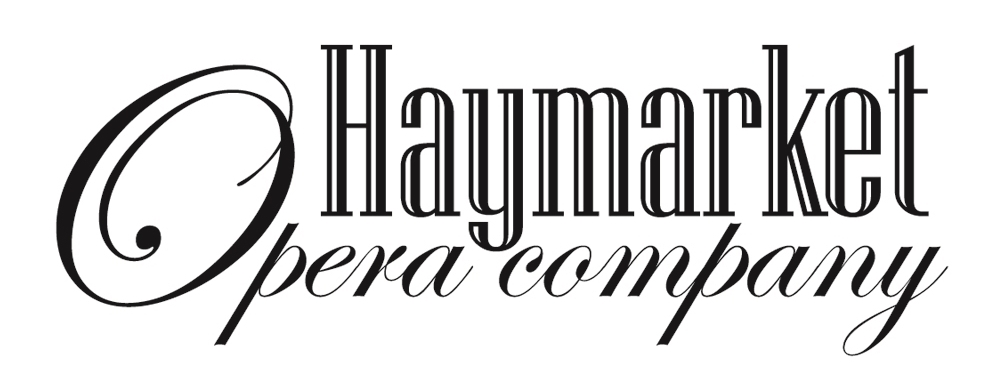Megan Moore
Mezzo-soprano Megan Moore, praised for her “theatrical spark” and “attractive mezzo timbre”, is quickly establishing herself as a diverse performer and effective arts advocate. Known for her vocal agility, Megan is particularly at home in bel canto and baroque repertoire. This year she debuted the title role in Cenerentola at Opera Project Columbus. Favorite operatic roles also include Rosina, which she will reprise in November on Seton Hall’s Classical Concert Series, Nicklausse, Cendrillon, Blanche de la Force, and Hansel. Megan’s most recent concert engagements have included collaborations with Charleston Pops and Indianapolis Baroque Orchestra. Currently based in the NYC Metro area, Megan is originally from Cincinnati, OH where she remains a leader in arts advocacy. Lynx Project, an art song initiative she co-founded in 2016, has received acclaim for commissioning works featuring texts by Cincinnati-area youth with non-verbal autism. Megan was born in Naperville, IL and is thrilled to be performing in the town that holds so many precious memories from her childhood and beyond.
Hear Megan as Arsamene in Serse by George Frideric Handel - Get your tickets now!
What is the story of how you first came to love music and opera?
When I was in middle school, I auditioned for a solo in choir class. While I didn’t get the solo, my teacher contacted my parents and encouraged them to get me involved in voice lessons. My parents found me a voice teacher, and my first song assignment was one of the 24 Italian Songs & Arias. The rest is history!
What is the biggest challenge you face as an artist?
The challenge of opening heart and soul to the audience while balancing technical demands vocally is a never-ending journey and joy!
Do you have a favorite performer?
Meryl Streep is one of my favorite actresses- she completely embodies her characters and leaves it all on the line. Maria Callas was like her in that way and I will always admire her.
Do you have a favorite role? Aria? Opera?
My favorite aria is Di Provenza il mar from La Traviata. It never fails to give me chills! Aida and the role of Amneris is one of my favorites to watch.
Do you have any favorite books about music?
I am a huge bookworm and big fan of fiction. The books Bel Canto and Cry to Heaven are some of my favorite fictional works involving opera.
What else are you reading?
A couple of my favorite books I’ve read so far this year are Americanah by Chimamanda Ngozi Adichie and the classic Heidi by Johanna Spyri.
Who are your favorite 17th and 18th century composers?
Monteverdi, Handel, Bach- there’s a reason they are the most famous!
If you were stranded on a desert island, is there one piece of music you would like to have with you?
Maybe Di Provenza il mar. ;) A full work? Bach’s Mass in B Minor—a lifetime is not long enough to study the piece!
What do you love about HOC?
I love that HOC programs better-known baroque works alongside rarely-performed gems. I love their commitment to performance practice and bringing history to life-- proof of that is in their name alone!
What is your favorite thing to do when you’re not making music?
Reading, cooking, traveling, spending time with my family and friends.
What is the first thing you think about in the morning?
Probably my to-do list. I’m a very organized person and love making lists. ☺
What music do you listen to most often?
When I’m not studying a piece I love to listen to country music- both new country and the oldies.
If you had not entered into your current career what do you think you would have done instead?
I would have tried to be a writer. I dabble in short-story writing and also write grants for a non-profit organization.
What is your superhero power?
My work ethic, organization, and persistence.
How can we make opera more inclusive, accessible, or diverse?
We can bring opera outside of metropolitan areas, outside of big theaters, and directly into specific communities. We can choose programming that speaks to our times. We can involve our community members directly in the art-making process. We can tear down the “museum-like” traditions surrounding opera-going and encourage our audiences to dress simply, drink wine, and be themselves. Different tactics work for different companies with different missions, but we must always sing from the heart, from the soul, and from the gut. Beautiful singing is only half the equation.

